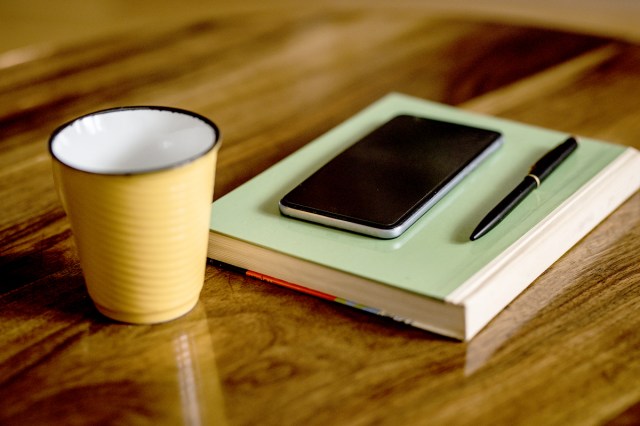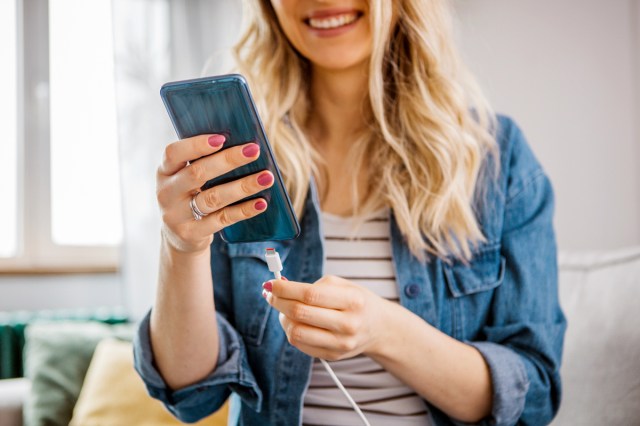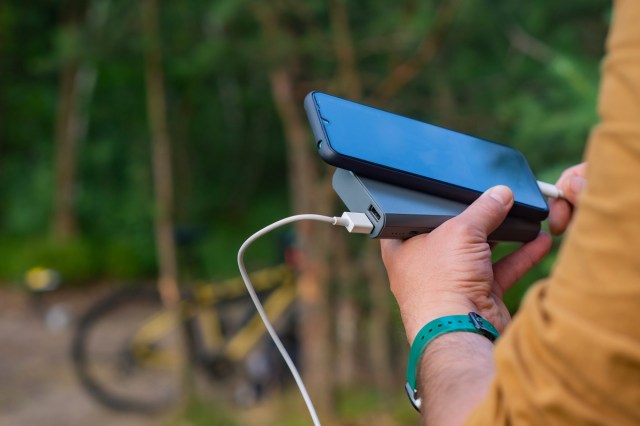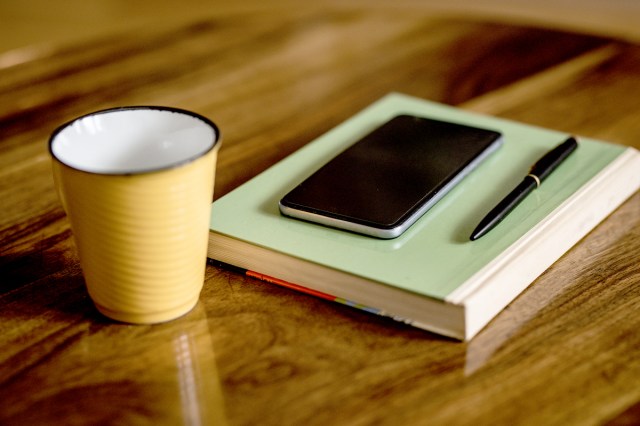It’s happened to all of us: Right in the middle of composing an email, updating social media, or video-calling friends, a low-battery notification pops up, sending you scrambling for the nearest charger. Smartphones have quickly become one of the most indispensable tools in our everyday lives, making it critical to keep your battery up and ready to go. However, how often you actually need to charge your phone is highly debated. Should you wait until your battery is almost dead to charge your phone? Should it always be charged to 100%? Is it bad to leave your phone plugged in overnight? Here’s a quick guide to understanding how your phone battery works, and how to keep it charged and in tip-top shape.
All featured products and deals are selected independently and objectively by the author. Better Report may receive a share of sales via affiliate links in content.

How Phone Batteries Work
The average lifespan of lithium-ion phone batteries, found in iPhones, Androids, and more, spans two to three years or 300 to 500 charge cycles. After that, the battery’s capacity will drop to around 20% and continue declining. Older phone models, however, used nickel-cadmium batteries, which required users to use their phones until the battery was completely drained before attempting to recharge. Charing the battery too soon meant that the average lifespan of the battery dropped quickly, which has led to the myth of only charging your phone when it dies.
However, modern phone batteries do not need to reach 0% every time to avoid damage, so it’s not really recommended to wait to charge your phone until the last possible moment.

When to Charge Your Phone
As a general rule of thumb, keep your phone’s battery between 20% and 80%. You don’t have to top your phone off to 100% every time it gets low — fully charging your device puts extra strain on your battery, causing it to run less efficiently over time. Instead, simply avoid letting your phone battery drop to 0%. Contrary to urban legend, this does not extend the life of your charge.

What to Avoid
Modern smartphones are hardy enough to withstand all sorts of conditions. Still, there are certain precautions to take when charging your phone to avoid damage.
• If you’re concerned about devices overheating or posing a fire hazard, invest in a smart plug, which you can schedule to turn off at a specific time or when the phone hits maximum charge, and always plug your phone into a surge protector. However, most experts agree it’s impossible to overcharge your phone, so leaving your cell phone charging overnight is not harmful.
• Avoid buying cheap cables, as they may not be designed for your phone and will take much longer to charge than necessary. Make sure the product is certified for use with your device.
• Never charge your phone at an extreme temperature, whether hot or cold. Charging a phone in an environment over 95 degrees Fahrenheit can permanently damage your battery. Keep your phone away from overheated surfaces and give it adequate time to return to room temperature before charging.
Featured Image Credit: Light Design/ iStock
More From Our Network
Better Report is part of Inbox Studio, an email-first media company. *Indicates a third-party property.














